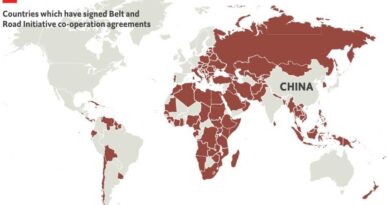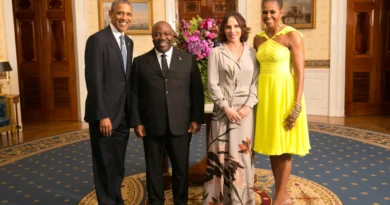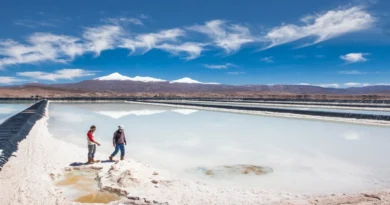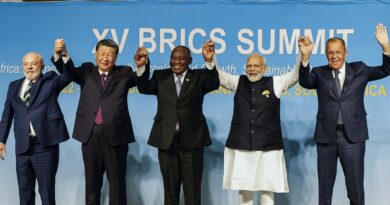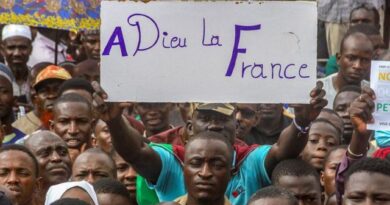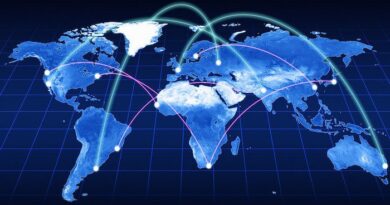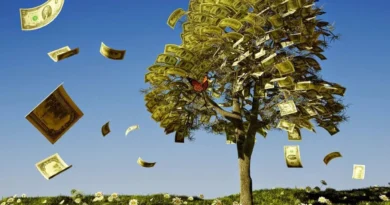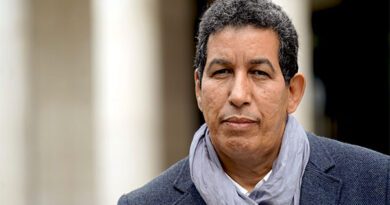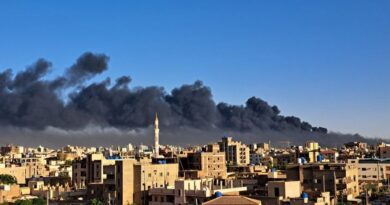The two receptions of the BRI
XULIO RIOS
The Belt and Road Initiative (IFR) celebrates its first decade of implementation in 2023. The time elapsed supports it as a long-term project. Two attitudes have marked the global reaction to it. On the one hand, developing countries have celebrated being able to have an alternative proposal that focuses on their most pressing needs, especially in terms of infrastructure.
China's plan provides specific support in areas poorly served by traditional available financing, filling a gap of singular importance. On the other hand, developed countries have evolved from initial ambiguity and reservation to a certain competitive hostility.
Read more
